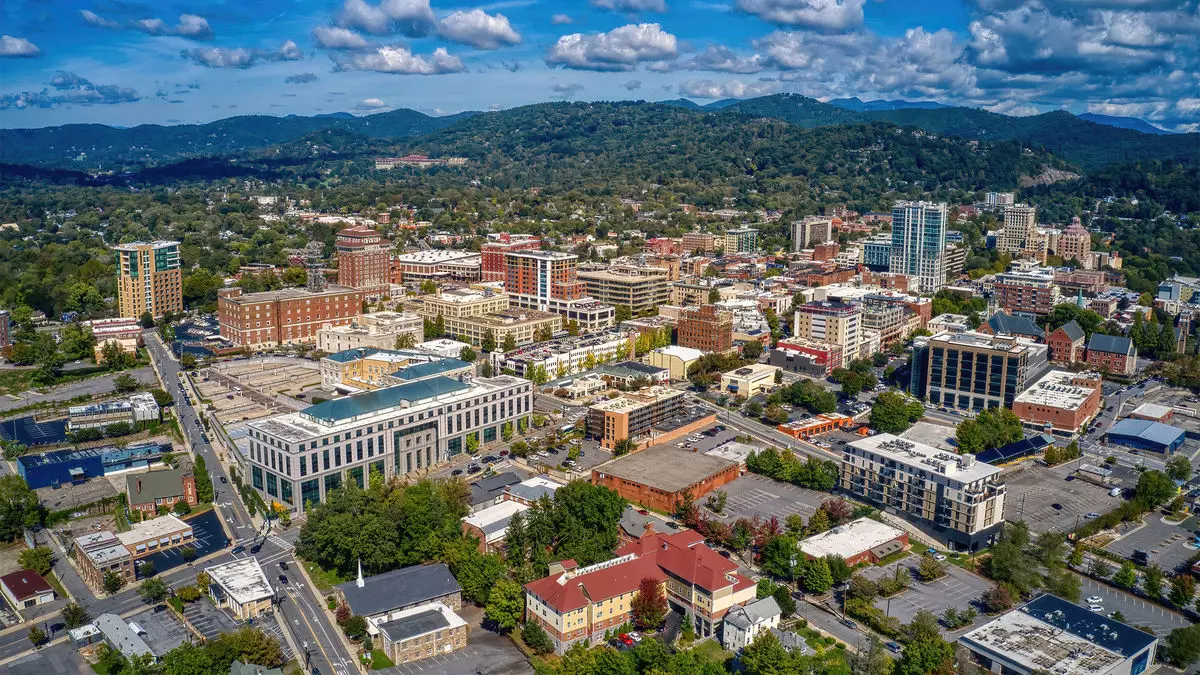The devastation wrought by Hurricane Helene has had a significant toll on North Carolina, especially in its mountainous and foothill regions. As the storm made its presence felt, it triggered a series of warnings from local authorities and travel organizations. Visit North Carolina issued stern advisories, urging potential travelers to reconsider their plans to enter these areas. The widespread consequences of the heavy rainfall and fierce winds left no room for ambiguity: the time to travel into the mountains is not now.
The storm has induced hazardous conditions that can endanger lives and property. Motorists are being cautioned against travel in western North Carolina, where threats of flash flooding, landslides, and other weather-related phenomena persist. The multitude of risks created by such weather patterns includes debris flows and downed trees, which increase the dangers on the roads. As information concerning the storm’s repercussions spreads, it has become evident that both power and cell phone service interruptions are rampant throughout the region, further complicating communication and travel safety.
Great Smoky Mountains National Park—a natural gem straddling North Carolina and Tennessee—has found itself in a precarious situation. The park officials have been compelled to urge hikers and visitors to postpone their trips as the aftermath of Hurricane Helene continues to be felt. With many roads, trails, and scenic areas rendered inaccessible, the beauty of the mountains is overshadowed by cautionary measures. Notably, the Appalachian Trail Conservancy, which manages a section of this famous hiking route, recommends avoiding trail access from Georgia to central Virginia. The declaration of a state of emergency across North Carolina, Virginia, and Tennessee signals the seriousness of the situation.
The threat of landslides is particularly concerning in this region. As rainfall saturates the soil and the earth’s stability becomes compromised, many areas that were once welcoming have now transformed into potential danger zones. The delight of hiking along the Appalachian Trail has turned into a warning against putting oneself at risk when conditions are so unpredictable.
In the wake of Hurricane Helene, the hotel and hospitality sector in Asheville has also faced significant disturbances. Several hotels, including notable spots like the Omni Grove Park Inn and the Grand Bohemian Asheville, have been forced to close temporarily. Their announcements reflect a pragmatic approach to safety, citing issues such as no power or water, as well as the need to ensure the wellbeing of both staff and guests during these turbulent times.
The Foundry Hotel Asheville, part of Hilton’s Curio Collection, also echoed these sentiments, relaying updates through Hilton’s booking platform about its temporary closure due to storm impacts. The Restoration Hotel Asheville and Kimpton Hotel Arras joined the chorus of establishments halting reservations—this collective pause not only reflects immediate concerns but also the underlying commitment to the region’s recovery. While the storm has captured much of the hospitality business by surprise, these establishments are focused on assessing damages and supporting their employees.
The clear message from the hospitality industry in Asheville aligns closely with the broader community response—safety first. As these hotels work on rebuilding and recovery, their transparent communication with the public is crucial. The calls for patience show an understanding of the situation while expressing gratitude for the support of loyal visitors. “Building back stronger than ever” is more than just a catchy slogan; it illustrates a resilient spirit in the face of adversity.
As North Carolina navigates the recovery from Hurricane Helene, it underlines the importance of respecting nature’s unpredictability and the need for vigilance in travel plans. Visitors are encouraged to stay informed and seek confirmations before setting out on any journey into regions impacted by the storm. With resilience, the community will rebuild, demonstrating that both nature and humanity possess the potential for rebirth after devastation.


Leave a Reply